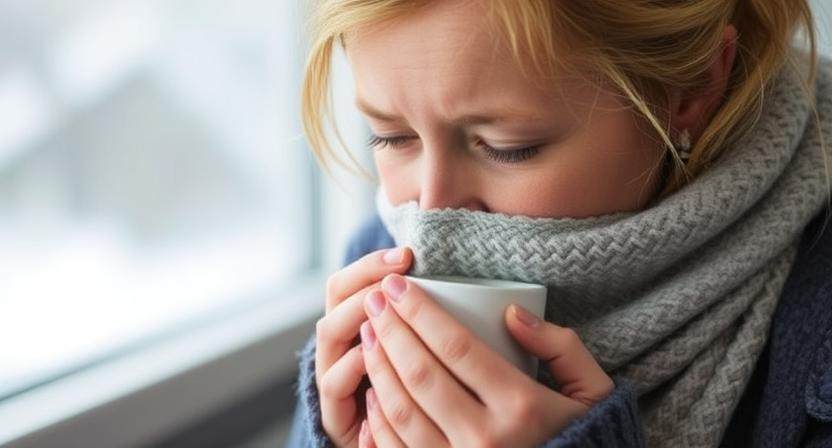Rest and Relaxation

Your body needs energy to fight off the virus, so rest is essential. While it might be tempting to push through your day, giving your body the downtime it needs can significantly impact your recovery time.
Advertisement
Tips for Better Rest
- Create a Comfortable Environment: Ensure your bedroom is conducive to sleep—dark, quiet, and cool.
- Limit Screen Time: The blue light from screens can interfere with your sleep cycle. Try to avoid screens at least an hour before bed.
- Nap Wisely: Short naps can be refreshing, but avoid long naps that might disrupt your nighttime sleep.
Use a Humidifier
Dry air can exacerbate cold symptoms, particularly a sore throat and congestion. Using a humidifier adds moisture to the air, which can help ease these symptoms.
Advertisement
Benefits of a Humidifier
- Eases Breathing: Moist air can help loosen mucus, making it easier to breathe.
- Soothes Throat: A humid environment can prevent your throat from becoming dry and irritated.
- Improves Sleep: By reducing congestion, a humidifier can help you sleep more comfortably.
Natural Remedies

Many people turn to natural remedies to help alleviate cold symptoms. While these aren’t cures, they can provide relief and support your body’s healing process.
Advertisement
Popular Natural Remedies
- Honey and Lemon: A classic combination for soothing a sore throat. Honey has antibacterial properties, while lemon provides vitamin C.
- Ginger: Known for its anti-inflammatory properties, ginger can help reduce throat pain and congestion.
- Garlic: Some studies suggest garlic can boost the immune system and reduce the severity of cold symptoms.
Over-the-Counter Options
While home remedies can be effective, sometimes you might need a little extra help. Over-the-counter medications can provide relief for specific symptoms.
Common OTC Medications
- Decongestants: Help reduce nasal congestion and improve breathing.
- Antihistamines: Can alleviate runny nose and sneezing.
- Pain Relievers: Acetaminophen or ibuprofen can help reduce fever and relieve body aches.
“While OTC medications can be helpful, it’s important to use them as directed and consult with a healthcare professional if you have any concerns.”
Conclusion
Dealing with a cold can be uncomfortable, but with the right approach, you can manage your symptoms effectively at home. By staying hydrated, getting plenty of rest, using a humidifier, and considering natural remedies, you can support your body’s recovery process. Remember, if your symptoms persist or worsen, it’s always a good idea to consult with a healthcare professional. Take care of yourself, and you’ll be back on your feet in no time!
- 1
- 2

